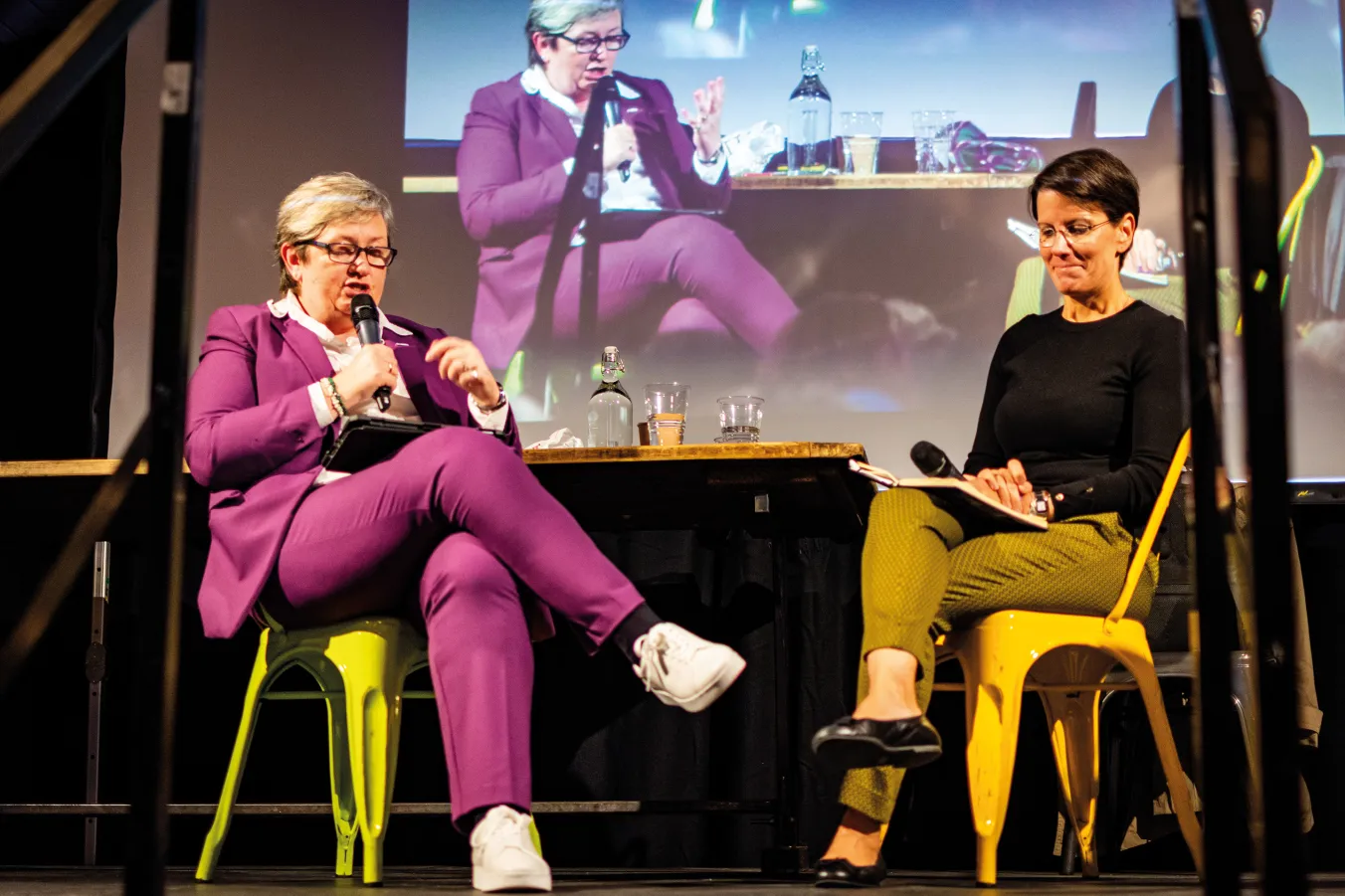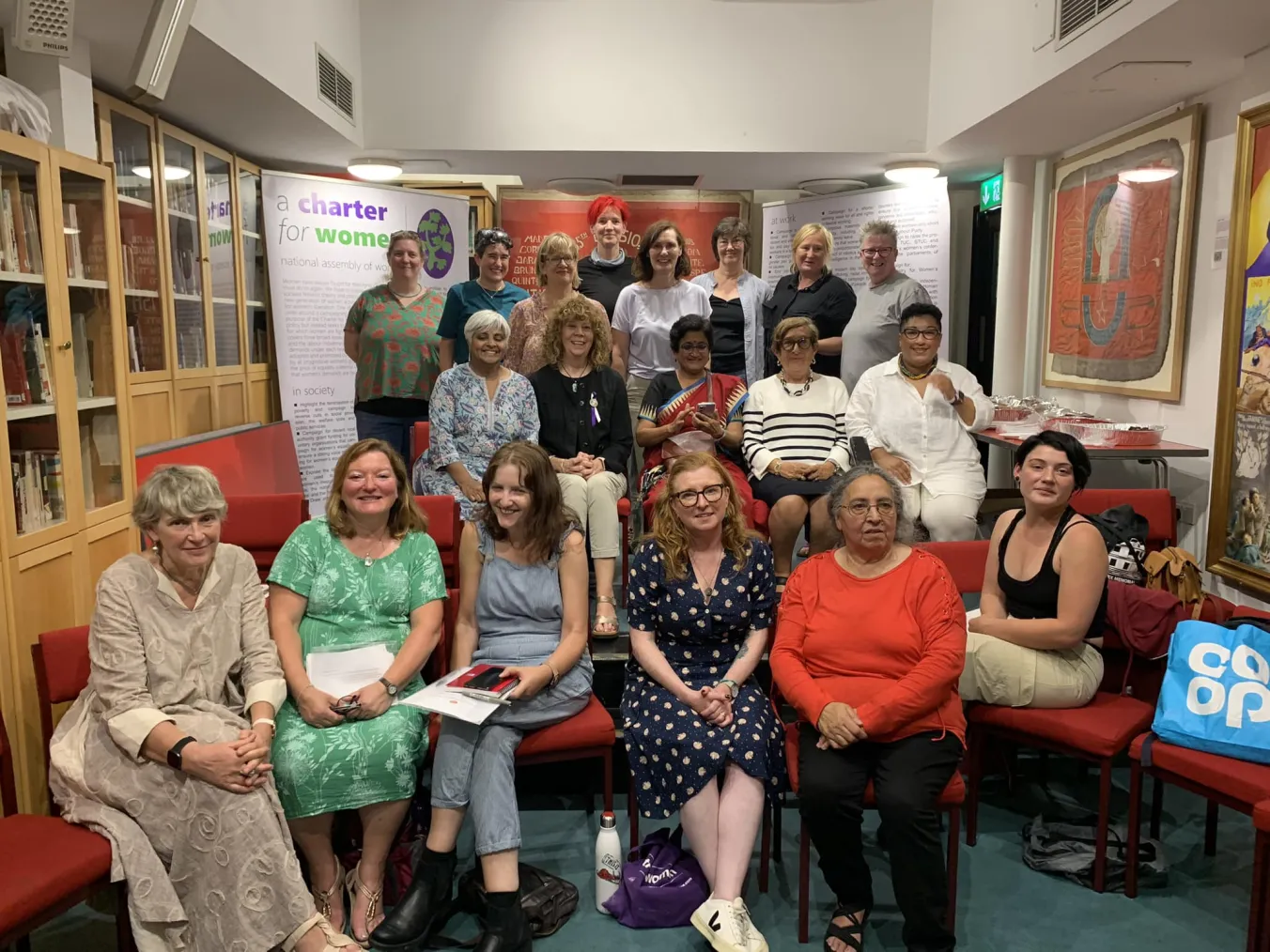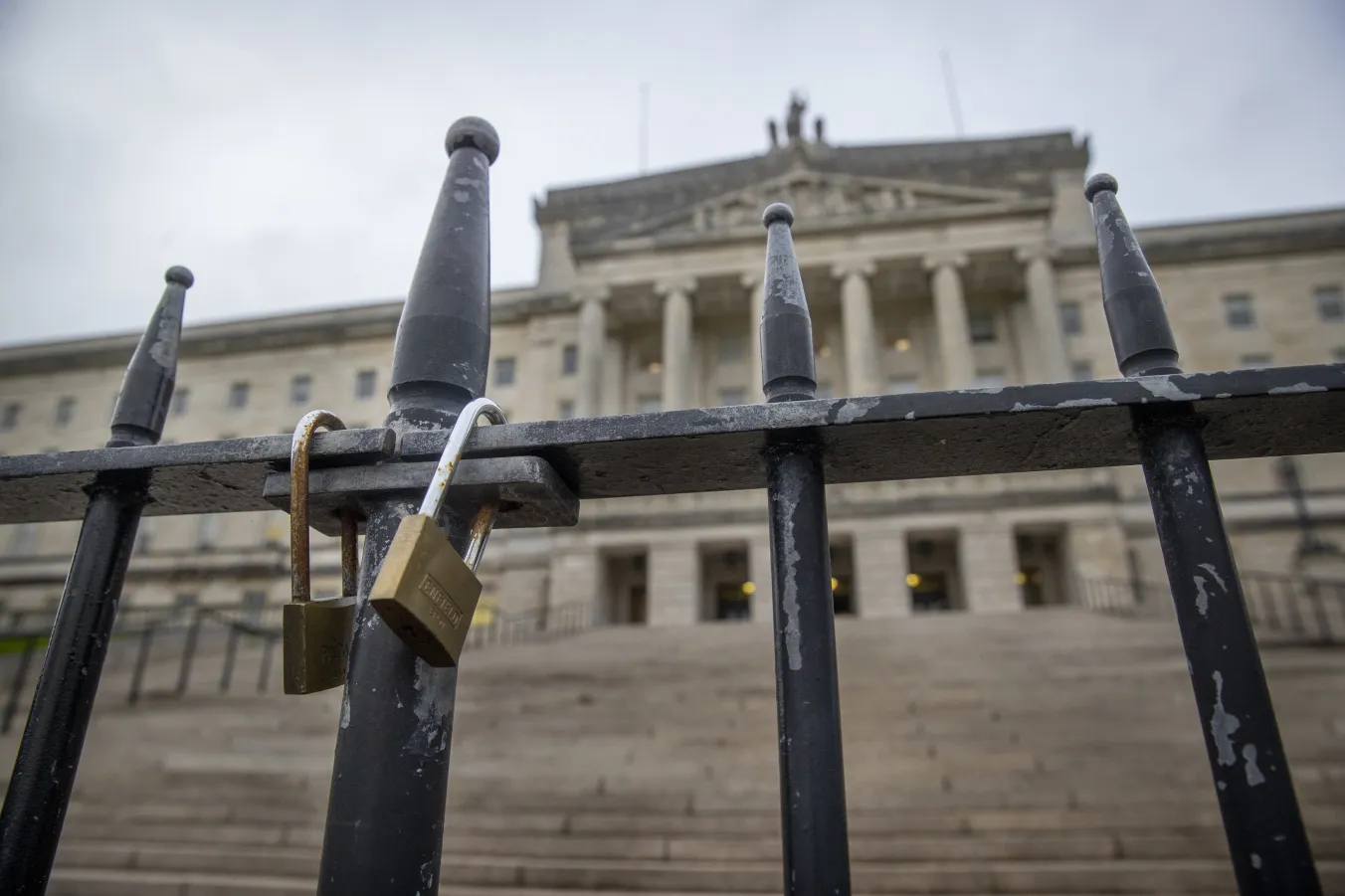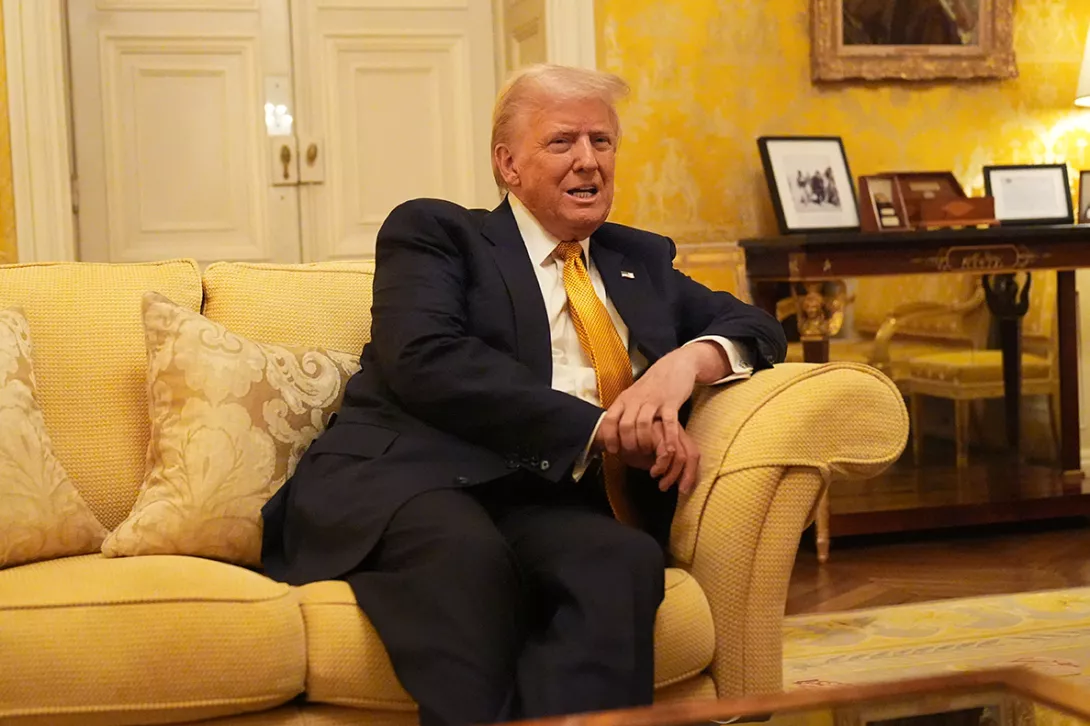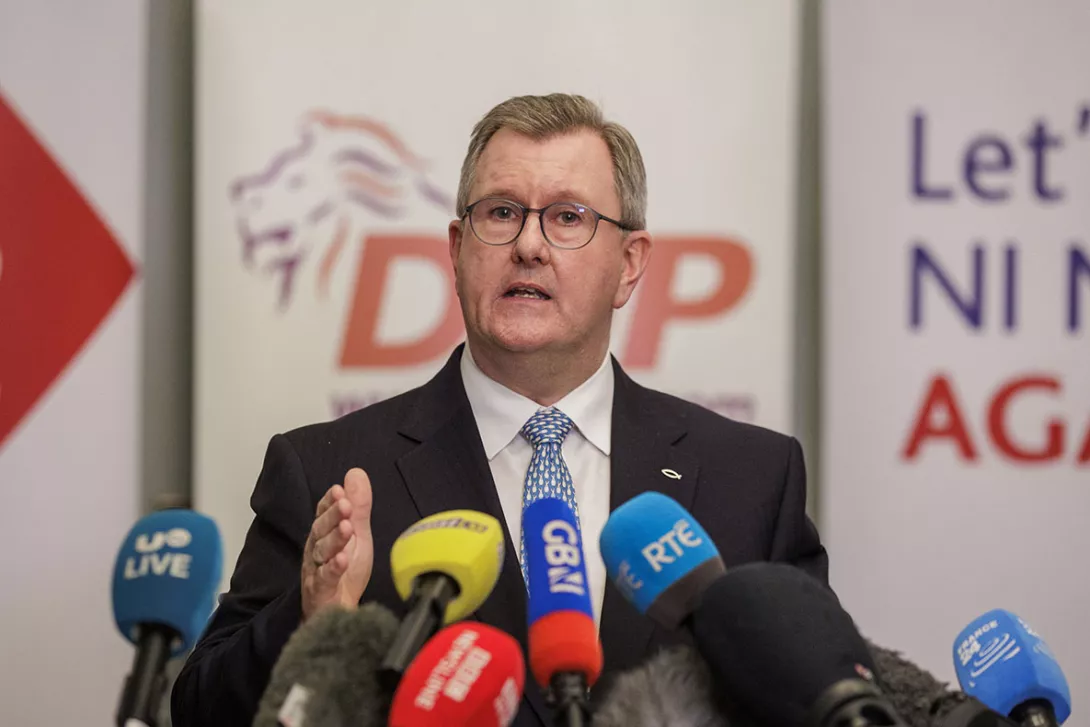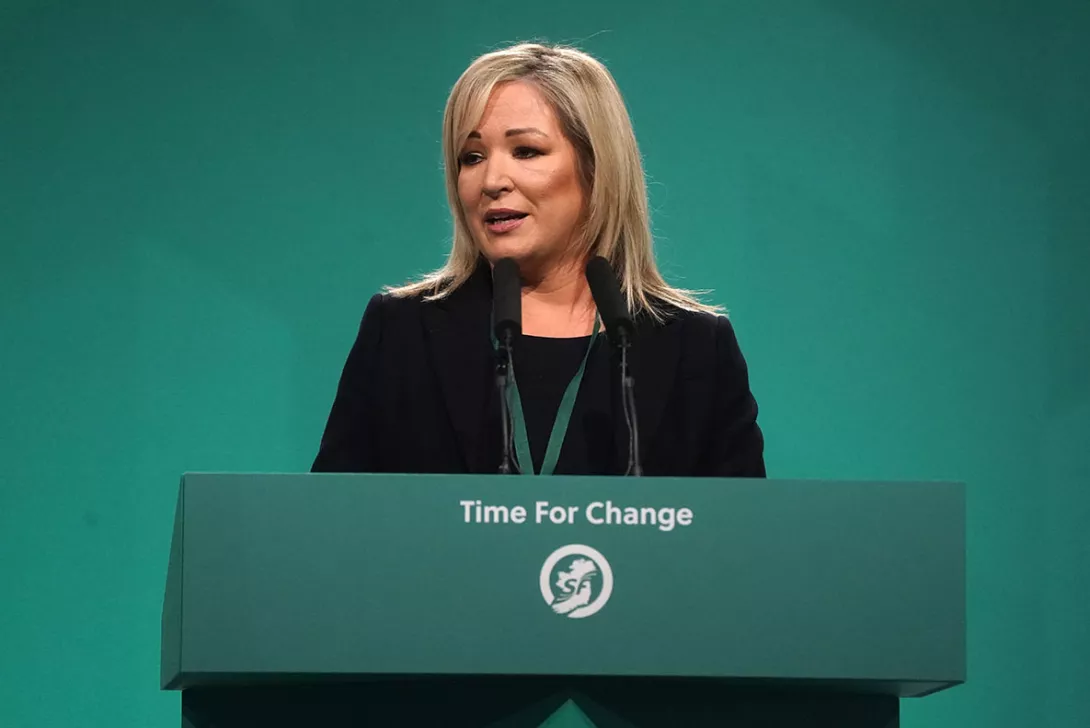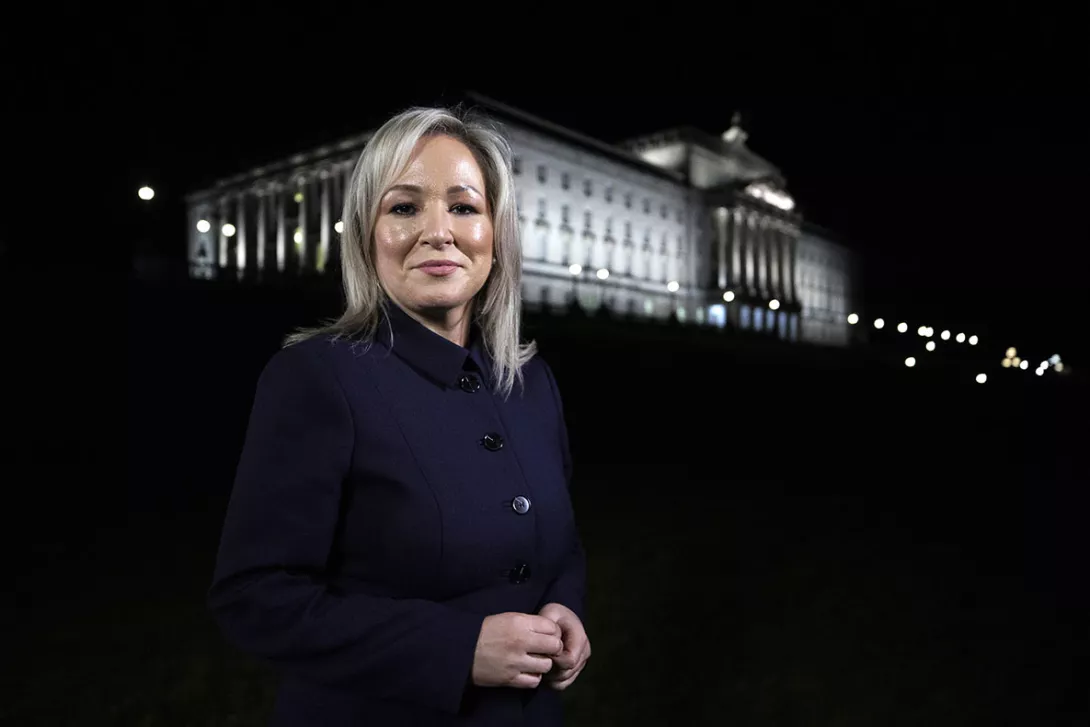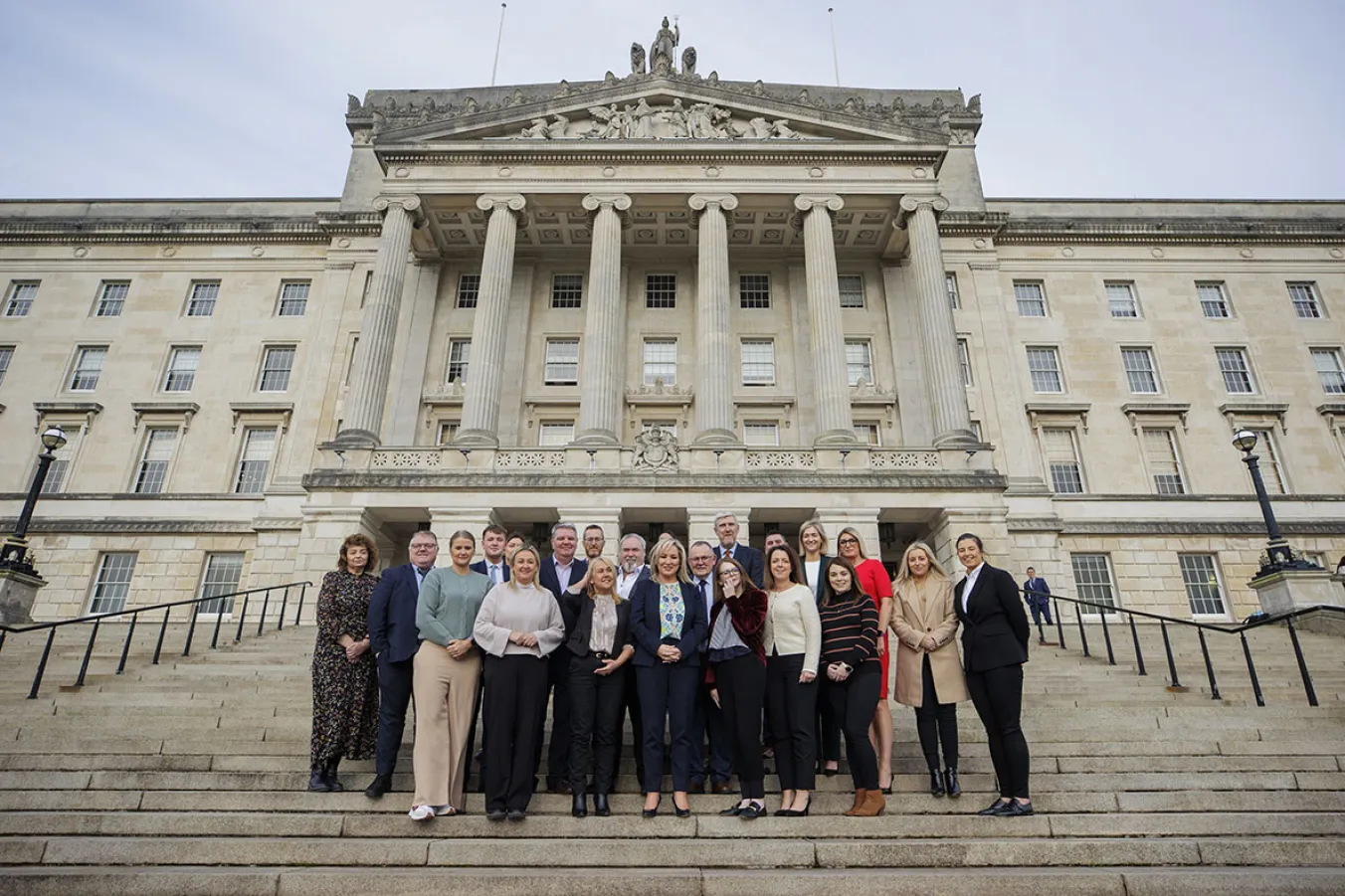
THE election of Michelle O’Neill, deputy leader of Sinn Fein, as first minister of the Stormont Assembly is historic only because she is the first non-unionist leader of a devolved administration in the six counties statelet which was established by the British to ensure a permanent Protestant/unionist majority.
Other than a non-unionist holding the position of first minister, nothing else has changed. O’Neill held the position of deputy first minister before the last assembly elections as Sinn Fein, under the terms of the Good Friday Agreement (GFA), administered British rule within the six counties in tandem with the Democratic Unionist Party. Having a Sinn Fein first minister has not weakened Britain’s position in Ireland.
The GFA was based on the false premise that the Irish conflict was an inter-communal struggle between two warring tribes. The agreement allowed British imperialism to portray itself as an “honest broker,” keeping the peace between Catholics and Protestants.

